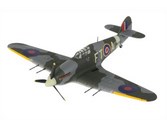
|
Crash - Hurricane - Mk.IIA - s/n Z2423 WX°V |

|

|
Crash - Hurricane - Mk.IIA - s/n Z2423 WX°V |

|
| Fiche France-Crashes 39-45 modifiée le 25-11-2021 | |||||
| Date | Nation |
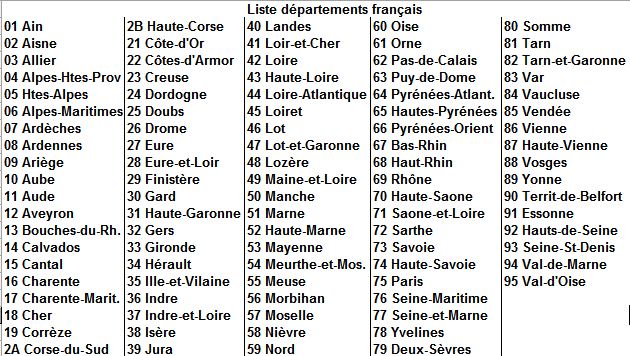 Département Département |
Unité | - | Mission |
|---|---|---|---|---|---|
| 21-05-1941 | Angleterre/Common. | Pas-de-Calais | 302 Sq City of Poznan PAF |
Circus 10 - escorte de 18 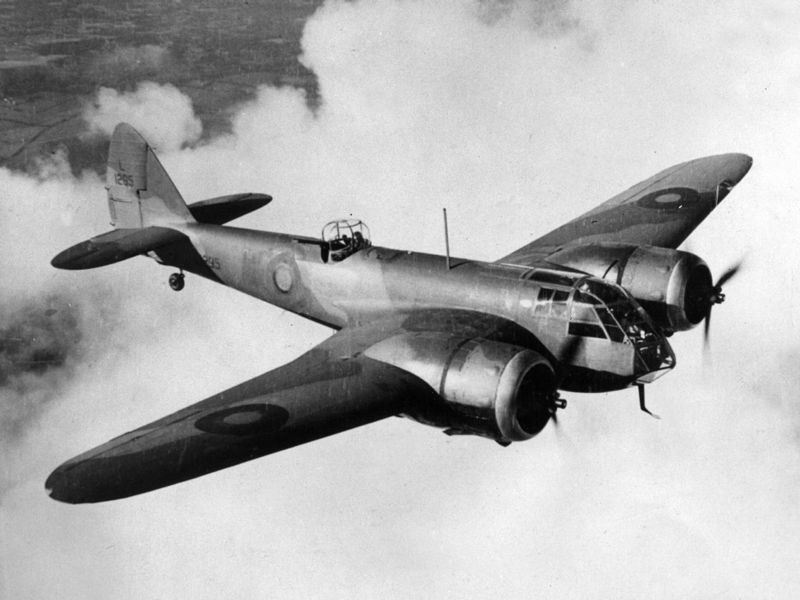 Bristol Blenheim - Photo du site wikimedia.orgBlenheim sur usine chimique de Gosnay (62) |
|
| Localisation | Secteur de Boulogne |
|---|---|
| Circonstances |
Abattu en combat aérien par un 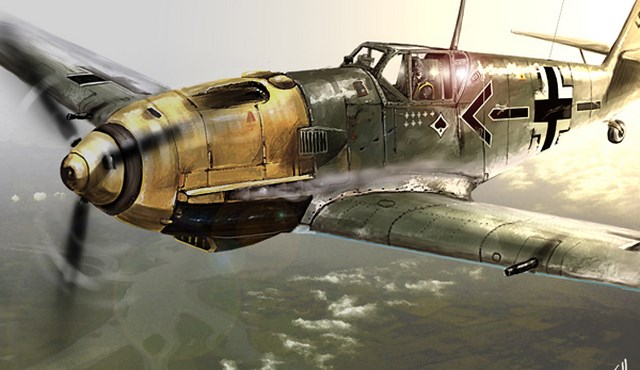 Messerschmitt Me109 - Photo du site www.deviantart.comMe109 |
| Commentaires | Décollage 16h57 de Kenley, Surrey UK |
| Sources ** | Jean-Luc Maillet (sources: www.conscript-heroes.com / rafcommands.com) |
| Historique | 23/04/2014=Création - 18/10/2014=Ajout 3 liens - 25/11/2021=Ajout rapport |
| Grade | Prenom | Nom | Poste | Corps | Etat |
 Lieu d'Inhumation Lieu d'Inhumation |
Commentaires |
|---|---|---|---|---|---|---|---|
| P/O | Marian | Rytka | Pil | PAF | Echappé | P/1574 – Né le 10/08/1914 à Varsovie (Pol.) - Fuite avec réseau PAO par Pyrénées/Espagne/Gibraltar – retour UK 3 mois plus tard – Rapport WO 208/3305/483 – tué le 05/12/1942 dans un crash-landing près de Heston, Middlesex (UK) |
| Fiche tech | Correspondance grades | Abréviations utilisées | Filières d'évasion | Camps de Pow | Bases RAF/USAAF | Utilitaires |
|---|
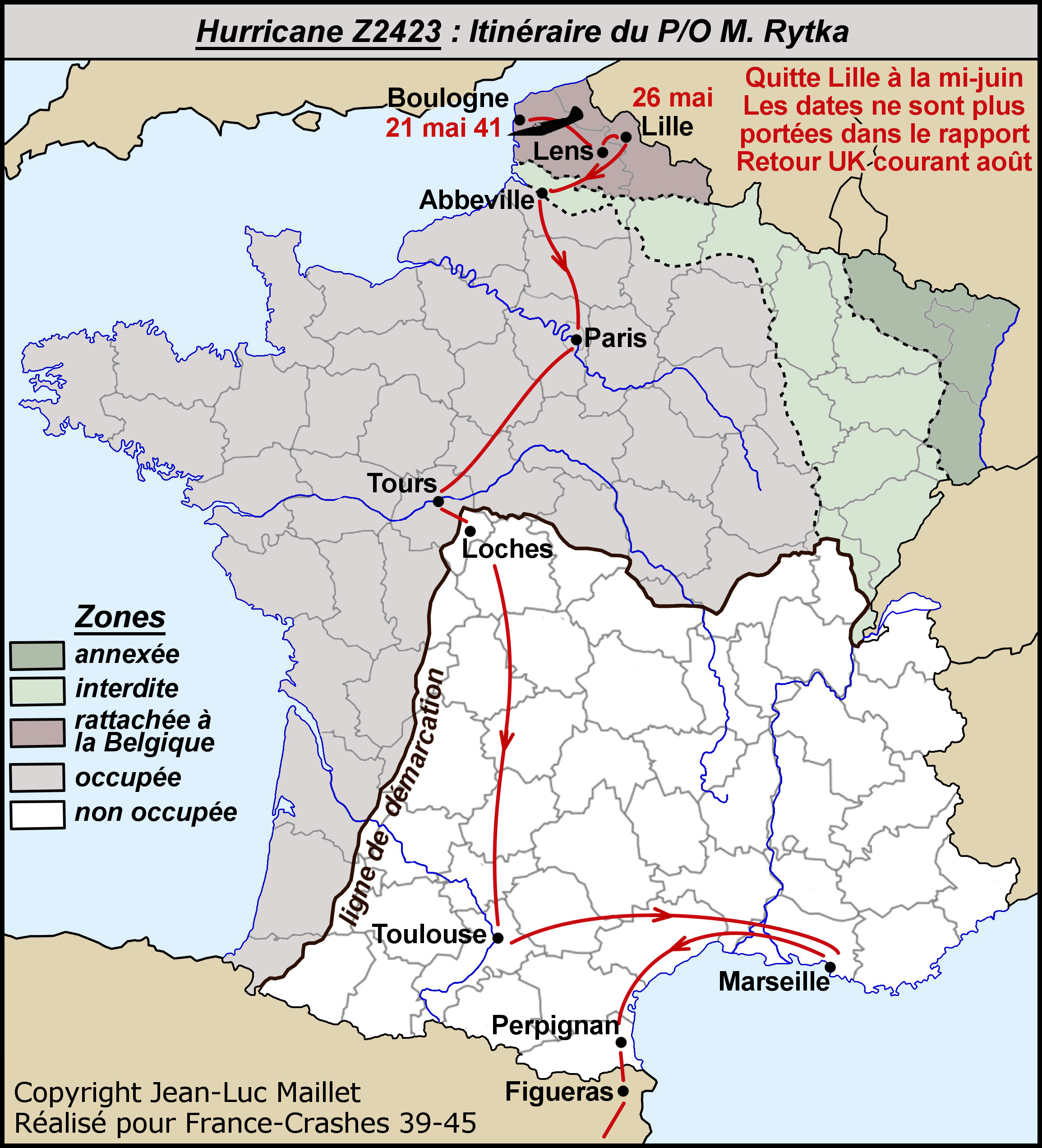 Rapport du P/O Rytka - ( On 21st May, my squadron and two others, stationed at Kenley, received orders to escort 18 Blenheim bombers. On approaching the French coast, we were attacked by Messerschmitt fighters, during which engagement I shot down one and saw the machine crash. A little further on, on our course, we were again attacked and during this engagement my engine must have been hit and it started to fail and I was obliged to make a forced descent. Rapport du P/O Rytka - ( On 21st May, my squadron and two others, stationed at Kenley, received orders to escort 18 Blenheim bombers. On approaching the French coast, we were attacked by Messerschmitt fighters, during which engagement I shot down one and saw the machine crash. A little further on, on our course, we were again attacked and during this engagement my engine must have been hit and it started to fail and I was obliged to make a forced descent.On landing I was unable to destroy the plane as there was nothing available with which I could accomplish this, but I was able to destro the radio set. I destroyed all papers in the plane. On landing I found I was close to a house aotside Boulogne. I asked the owner, a Frencman, to give me civilian clothes, for which I paid him 300 frs. I decided to make to Lens, as I knew a Pole there who would help me. I headed S.S.E. and, after walking for two days and a night, met a Pole, who gave me shelter for the night and warned me to beware of gendarmes. Fron here I took the train to Lens where I found my friend and stayed with him for three days. From Lens I took the train to Lille, where I was sheltered for three weeks by a French family. While there I was helped by an organisation. I also met an Englishman, wha had been in the last war and who had settled down in France after it. The organisation obtained a French identity card and a pass for me to leave the Zone Interdite. I then left Lille by train for Marseille, passing through Abbeville, Paris and tours. At Tours I alighted from the train in order to cross the line of demarcation. From Tours I walked for about 8 kms and again took the train South to Marseille from Loches. On arrival at Marseille, I was not arresed by the French authorities, but stayed at a hotel as a civilian. Here I was helped by Capt. "G", although I did not actually meet him. Four other men and myself were then taken to Perpignan by a guide and from here another guide let us across the Pyrenees. At Figueras, our guide left us and our party decided to split into two as it was considered too large. From Figueras we made for Gerona, where we hoped to find Mr. Withfield. On arrival, we were told that he away in Barcelona. We then took the train to Barcelona and on the train were arrested by the Garde Civile who would not believe our story that we were going to the British Consulate on arrival. When the train stopped at Barcelona, the Englishman got out first, whith the Spanish Police following, leaving me alone to follow. Instead of following them, I got out of the other door and managed to evade then by running across the railway line. Original) - (source : National Archives de Kew – WO208/3305/483 - Traduction Ph Laroyenne): Le 21 mai, mon escadrille et deux autres, stationnés à Kenley, ont reçu l'ordre d'escorter 18 bombardiers Blenheim. En approchant des côtes françaises, nous avons été attaqués par des chasseurs Messerschmitt, au cours de laquelle j'ai abattu un combattant et j'ai vu l'engin s'écraser. Un peu plus loin, sur notre parcours, nous avons été à nouveau attaqués et lors de cet engagement mon moteur a dû être touché et il a commencé à tomber en panne et j'ai été obligé de faire un atterrissage forcé. À l'atterrissage, je n'ai pas pu détruire l'avion car il n'y avait rien de disponible avec lequel je pouvais accomplir cela, mais j'ai pu détruire le poste radio. J'ai détruit tous les papiers dans l'avion. À l'atterrissage, j'ai trouvé que j'étais près d'une maison à côté de Boulogne. J'ai demandé au propriétaire, un Français, de me donner des vêtements civils, pour lesquels je lui ai payé 300 frs. J'ai décidé de me rendre à Lens, car j'y connaissais un Polonais qui m'aiderait. Je me suis dirigé vers le S.S.E. et, après avoir marché deux jours et une nuit, je rencontrai un Polonais, qui me mit à l'abri pour la nuit et m'avertit de me méfier des gendarmes. De là, j'ai pris le train jusqu'à Lens où j'ai retrouvé mon ami et je suis resté trois jours avec lui. De Lens, j'ai pris le train pour Lille, où j'ai été hébergé pendant trois semaines par une famille française. Là-bas, j'ai été aidé par une organisation. J'ai aussi rencontré un Anglais, qui avait participé à la dernière guerre et qui s'était installé en France après celle-ci. L'organisation m’a obtenu une carte d'identité française et un laissez-passer pour que je quitte la Zone Interdite. J'ai ensuite quitté Lille en train pour Marseille en passant par Abbeville, Paris et Tours. A Tours, je descendis du train pour franchir la ligne de démarcation. De Tours, j'ai marché environ 8 km et j'ai de nouveau pris le train vers le sud pour Marseille depuis Loches. A mon arrivée à Marseille, je n'ai pas été arrêté par les autorités françaises, mais j'ai séjourné dans un hôtel en tant que civil. Ici, j'ai été aidé par le capitaine "G", bien que je ne l'aie pas rencontré. Quatre autres hommes et moi-même avons ensuite été conduits à Perpignan par un guide et de là un autre guide nous a fait traverser les Pyrénées. A Figueras, notre guide nous a quittés et notre groupe a décidé de se scinder en deux car il était considéré comme trop gros. De Figueras, nous nous rendîmes à Gérone, où nous espérions trouver Mr Withfield. A l'arrivée, on nous a dit qu'il était parti à Barcelone. Nous avons ensuite pris le train pour Barcelone et dans le train, nous avons été arrêtés par la garde civile qui ne voulait pas croire notre histoire selon laquelle nous nous rendions au consulat britannique à notre arrivée. Lorsque le train s'est arrêté à Barcelone, l'Anglais est sorti le premier, suivi de la police espagnole, me laissant seul à suivre. Au lieu de les suivre, je suis sorti par l'autre porte et j'ai réussi à m'enfuir en courant à travers la voie ferrée. Photos P/O Rytka sur www.aircrewremembered.com (Lien transmis par Jean-Luc Maillet) Fiche avec photo P/O Rytka sur cieldegloire.fr (Lien transmis par Claude Dannau) Recommandation for award P/O Rytka sur nationalarchives.gov.uk (Lien transmis par Claude Dannau) |